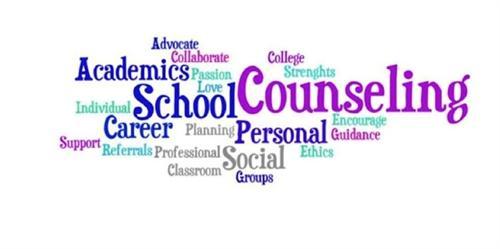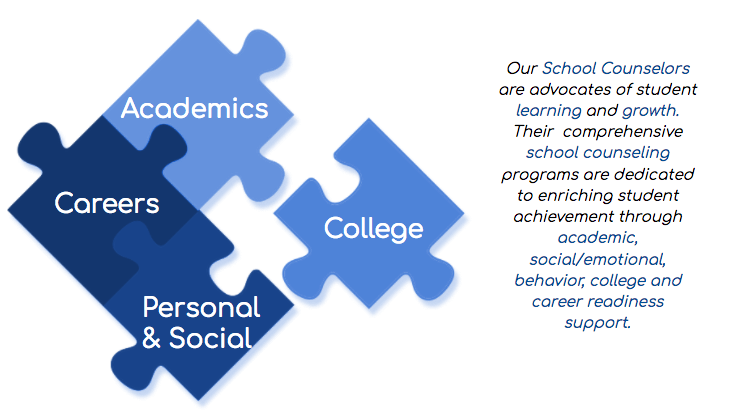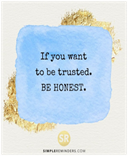Guidance


BMS School Counselors:
Rhonda Blair (rhonda.blair@cherokee1.org)
Rhea Bellew (rhea.bellew@cherokee1.org)
Guidance Secretary:
Kathy Hudson (katherine.hudson@cherokee1.org)
Guidance Office: 864-206-6869
Character Trait for the Month of October:

Honest: Free of deceit and untruthfulness; sincere.
*Someone who tells the truth
Example: He is very honest so I know he is telling the truth.
Being honest means you admit to your actions, even if you’ll get in trouble. You are not being honest if you deny you did something wrong when you really did it. Honesty means you explain how a situation really happened. You are not being honest if you say something happened one way when it really happened another way. Truth matters, both to us as individuals and to society as a whole. As individuals, being truthful means that we can grow and mature, learning from our mistakes. To be honest one must always speak the truth in their words and actions. It involves a few key practices: never lying, never hiding the truth, and never purposefully omitting or misdirecting people from the truth. Telling the truth is important because it will help everybody to grow in their relationship with others. When you learn how to properly express your feelings and share those with other people, it creates a closer connection with them.
Ways to be Honest and practice Honesty:
Be truthful
Take time to reflect
Be straightforward
Stop comparing yourself to others
Change your habits
Be the best version of yourself
Honest people are sincere, trustworthy and loyal, throughout their life. Honesty is valuable and it is a habit of utmost importance. To begin building trust one must begin with not only being honest with yourself but with others as well. When you’re always honest with someone, it tells them that they can trust you and the things you say. It helps them know they can believe your promises and commitments.
